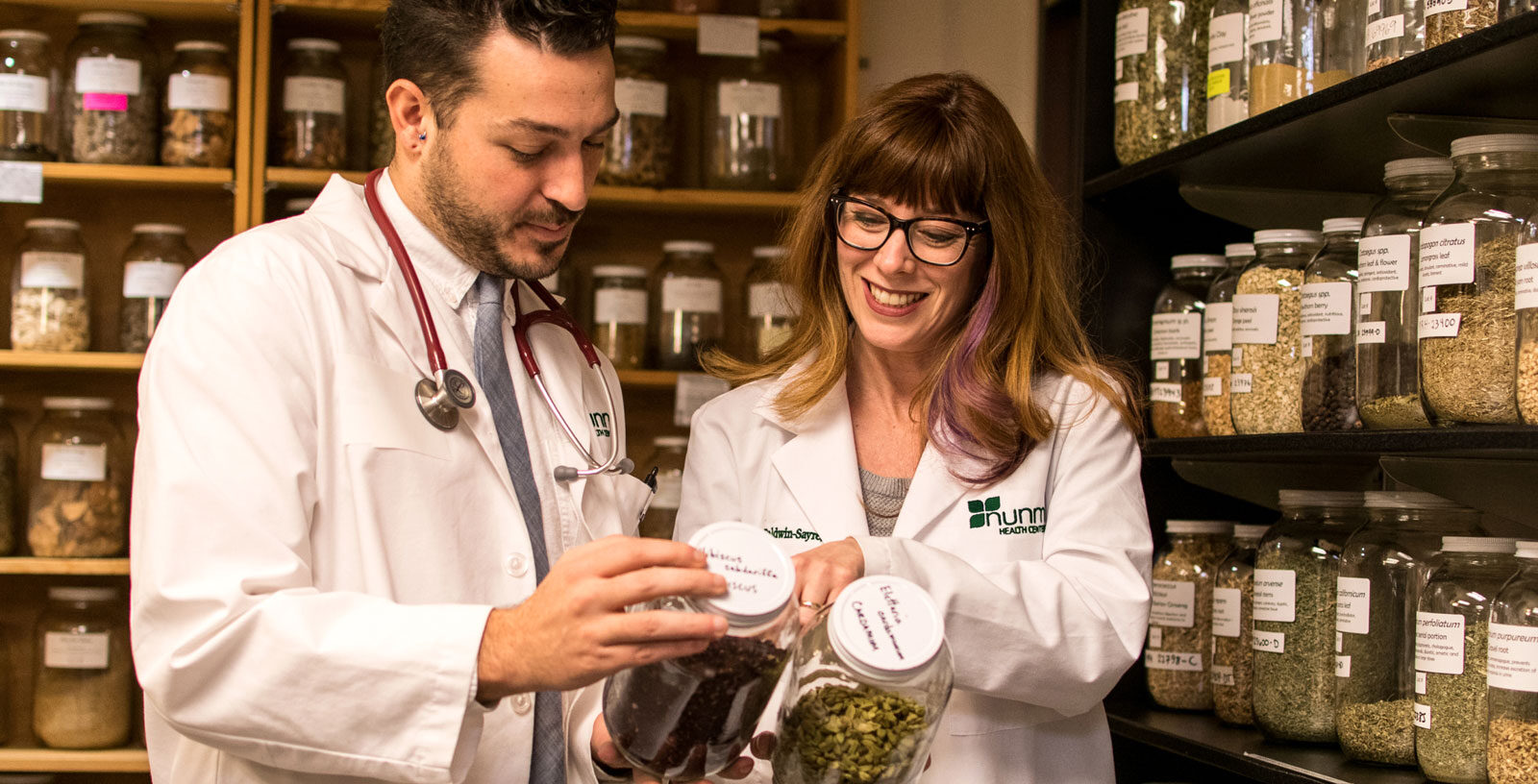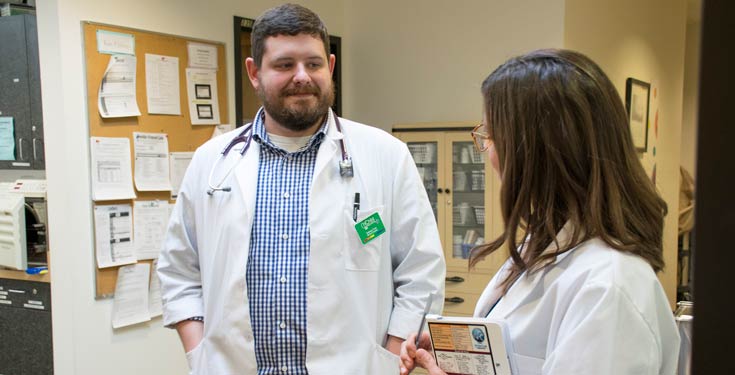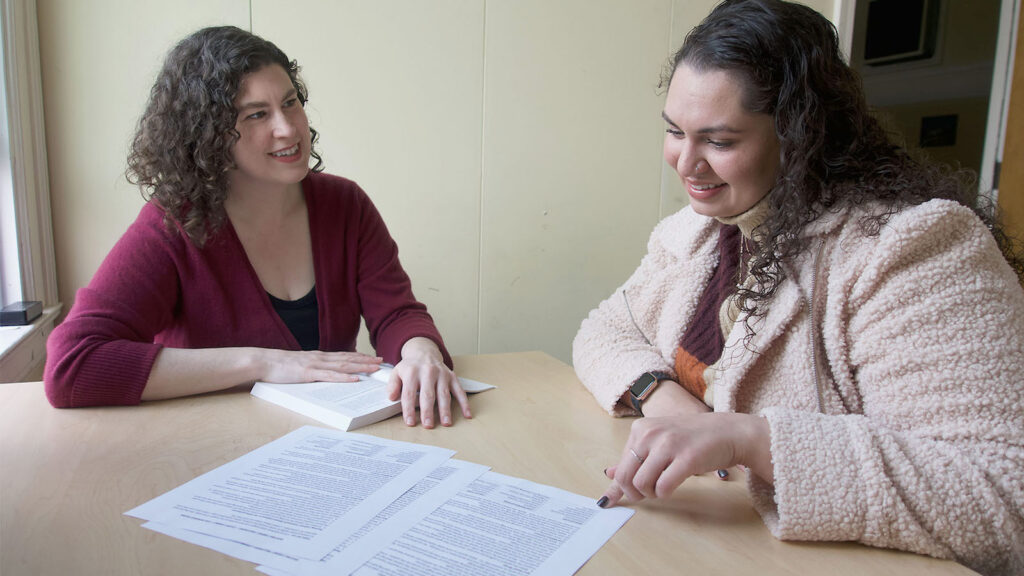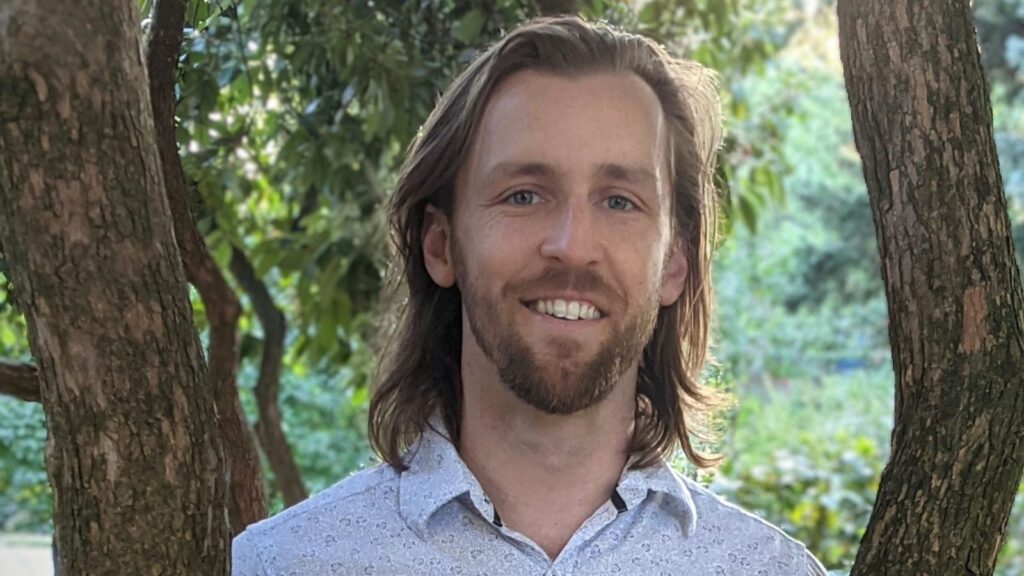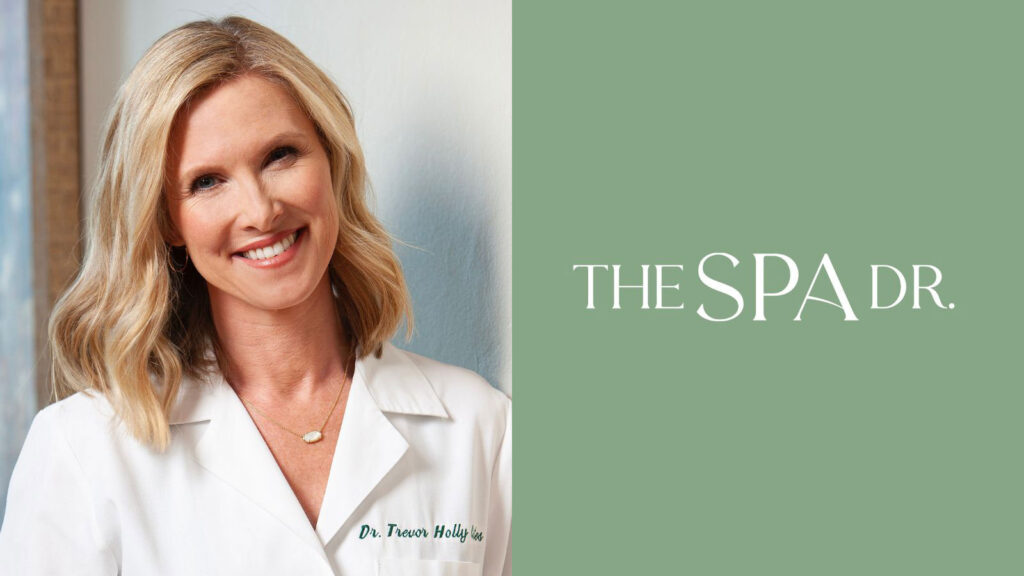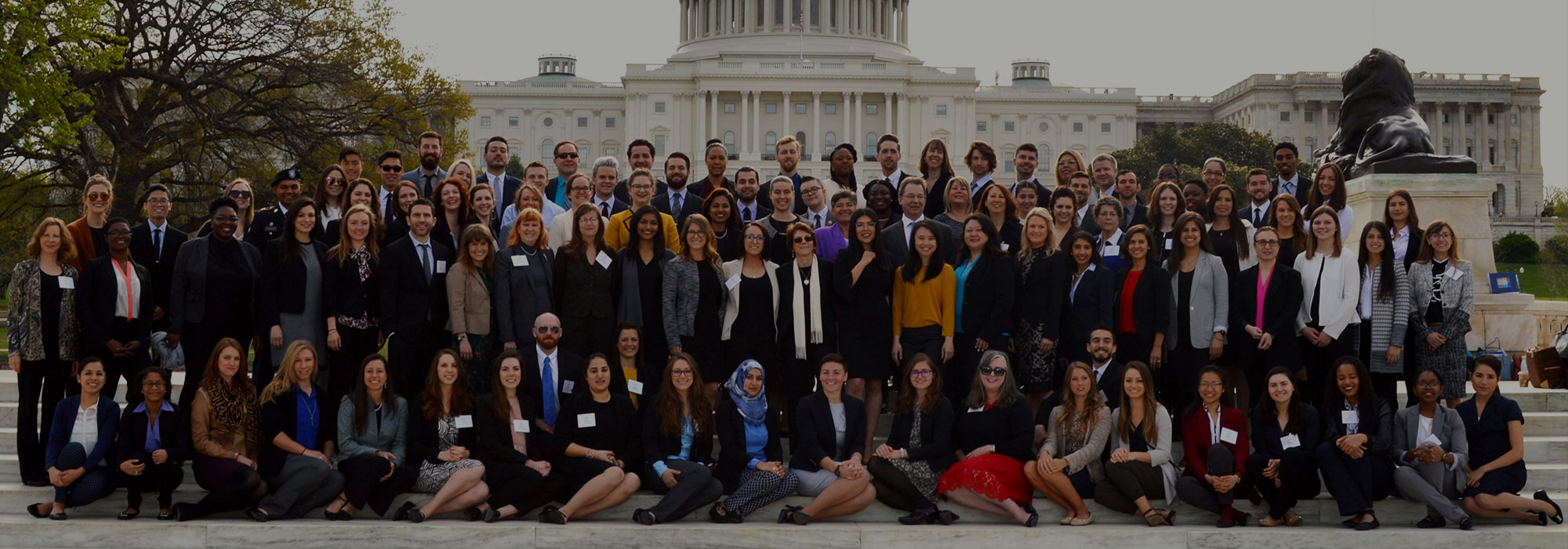Doctor of Naturopathic Medicine (ND) Program
Study at the original accredited naturopathic medical school.
The National University of Natural Medicine in Portland, Oregon is home to North America’s first and most renowned naturopathic medical school. Our accredited Doctor of Naturopathic (ND) program is focused on how to succeed in practice, curb the current epidemic of chronic disease, and make a meaningful impact on the communities we serve.

Optional
First Year Online

Program Length:
4 or 5 Years

Total Credits:
302 Hours

Per Credit Cost:
$538
Overview of ND Program
Curriculum
View the full course catalog
Certificate Programs
Expand your knowledge
Our Faculty
Learn from experts
Prerequisites
How to be prepared
Application Requirements
See what you need to apply
Tuition & Fees
Understand the estimated costs
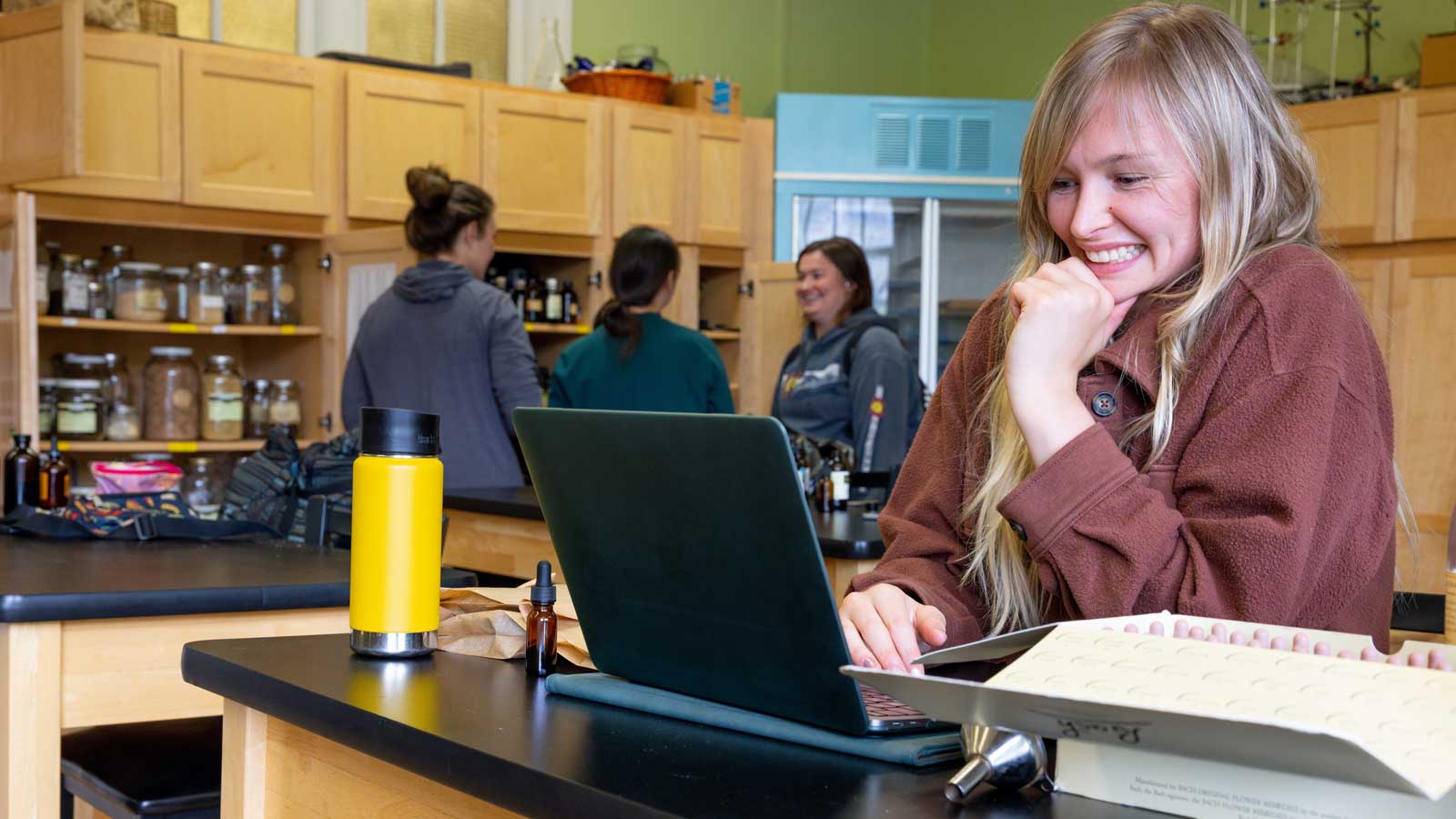
Your First Year: In-Person or Online
Experience flexibility with our innovative and unique online option for the first year, allowing you to complete 25% of your ND degree remotely or 100% of it on campus.
Which is right for you?What is Naturopathic Medicine?
Naturopathic medicine is a whole-person approach to health that focuses on restoring and optimizing wellness. It is a distinct system of health care—an art, science, philosophy and practice of diagnosing, treating and preventing disease.
Clinical Training in Naturopathic Medicine
Students at NUNM learn real-world clinical skills in our on-campus teaching clinic starting in year one, completing more than 1,200 clinical learning hours upon graduation.
Learn more about clinical training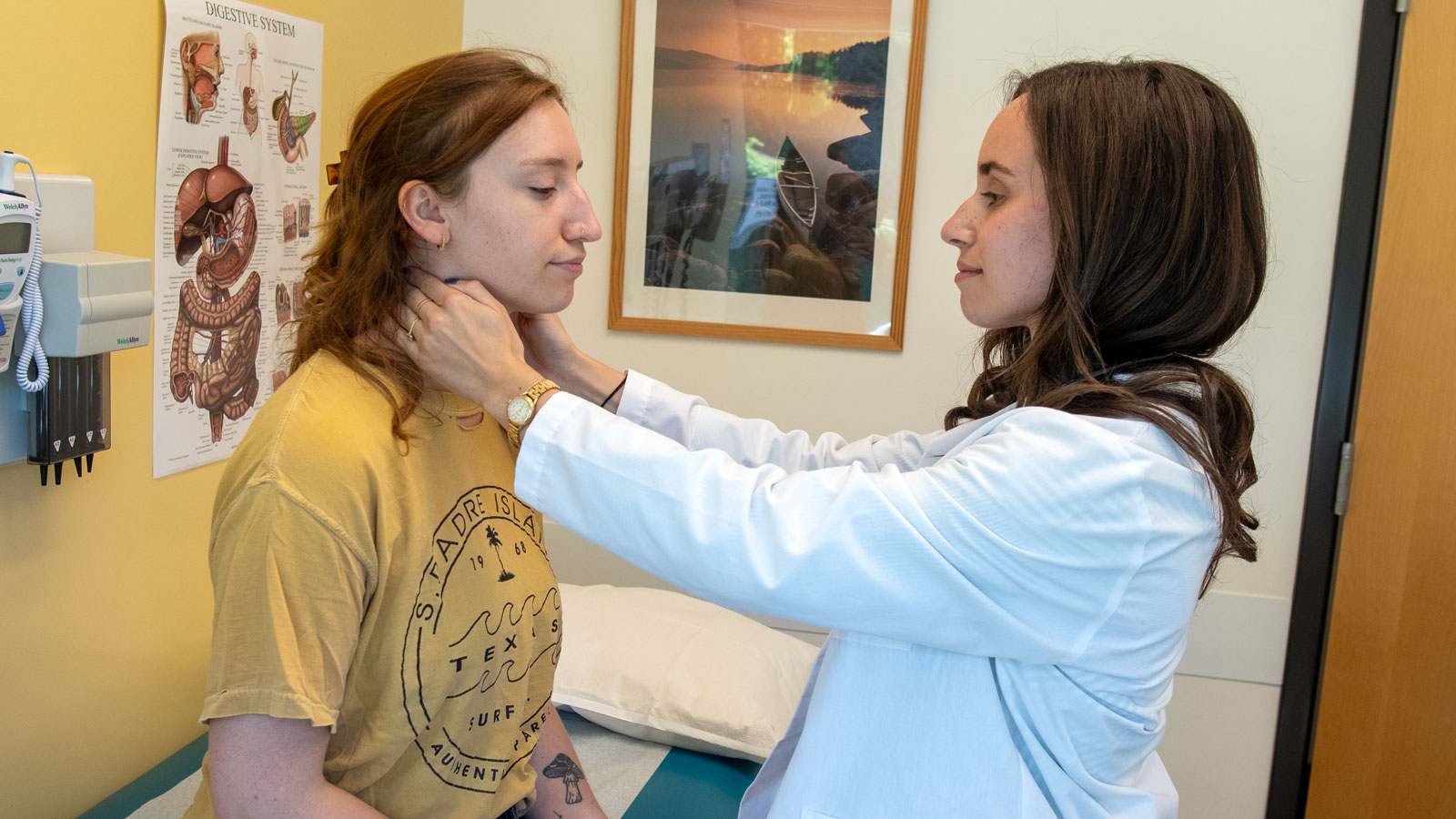
Preparing You for a Future in Healing
Alumni Outcomes
NONPROFIT EXECUTIVE DIRECTOR
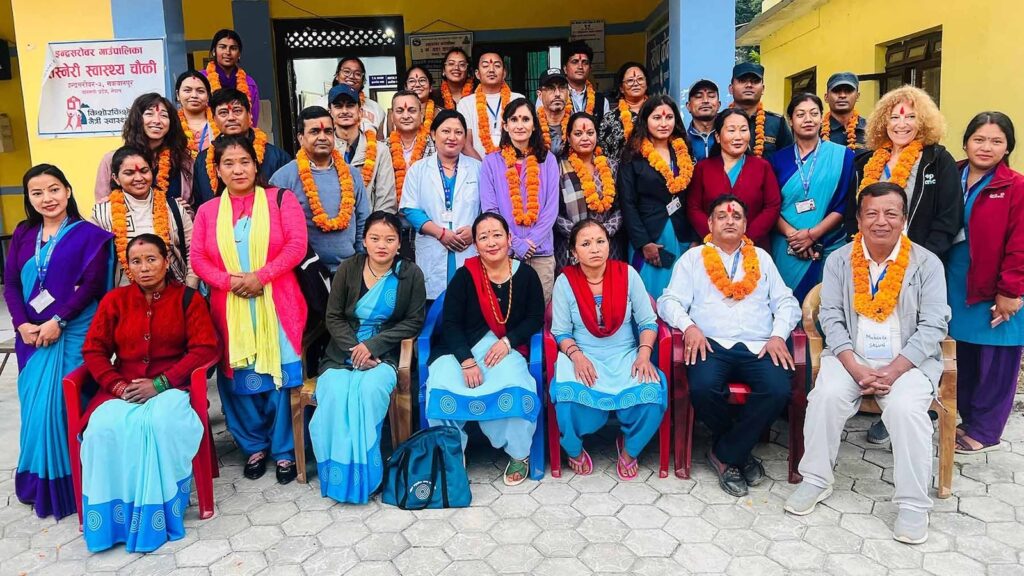
Erin Willis ’14
ParticipAid co-founder reflects on health education in Nepal.
Entrepreneur & Chocolatier

Melissa Berry ’08
Missionary Chocolates owner merges art and science in craft.
